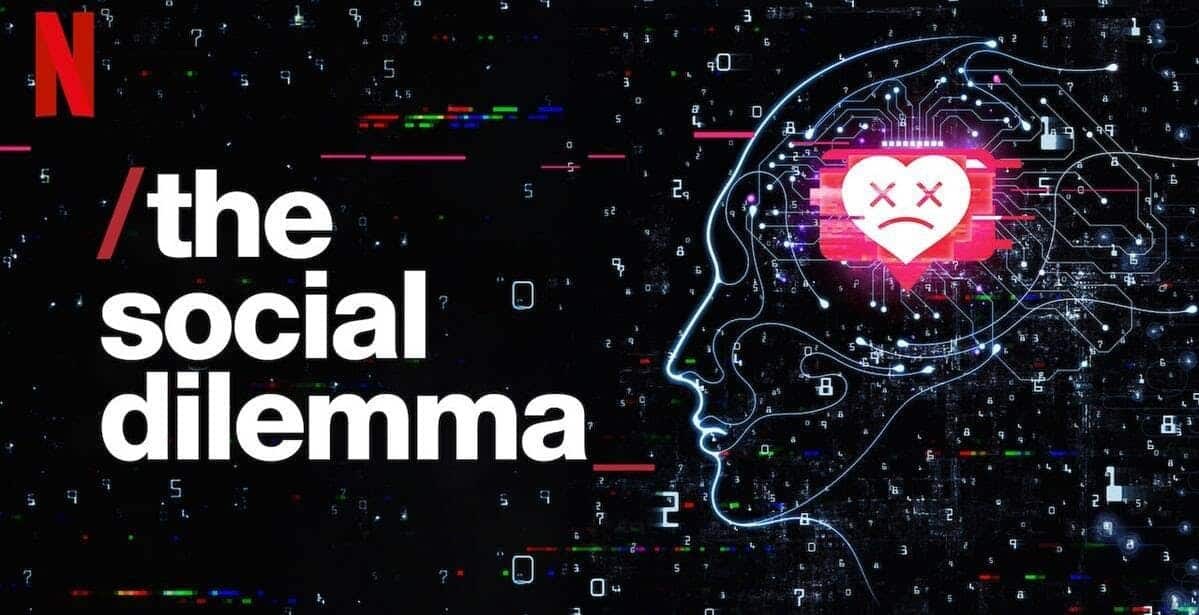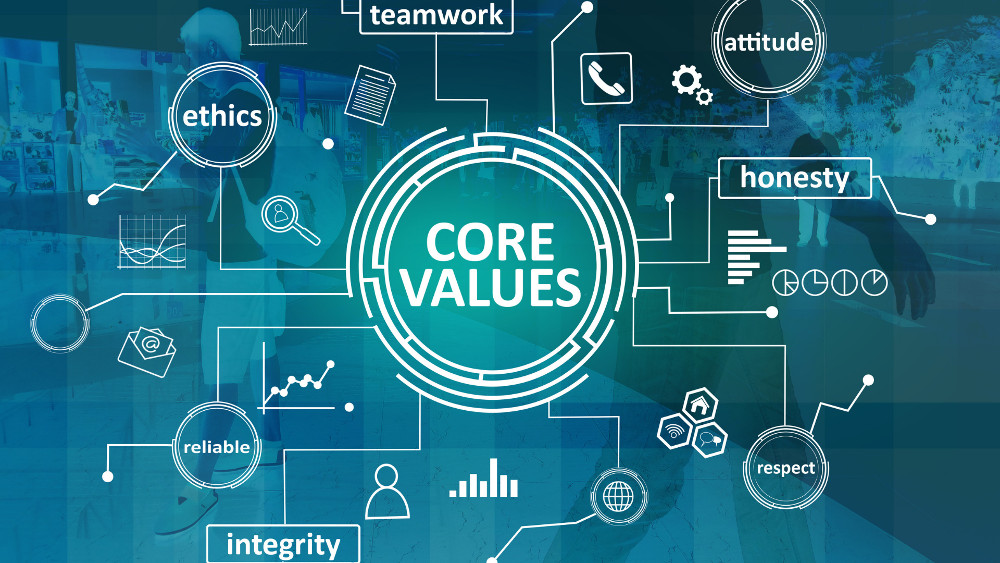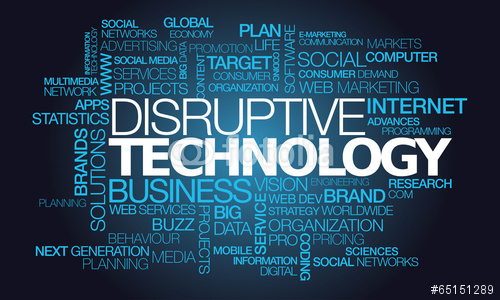Social Media Giants “Lawyer Up” The social media giants are beginning to lawyer up investing worldwide into advocacy projects and public affairs budgets. The reason for this gradualist build-up surrounds the growing disquiet in the upper echelons of national and intra-national organisations regarding the reach and scale of these behemoths.

An Army For Lobbying Influencers
Google, Facebook and other giants are also spending on a growing army of lobbying “influencers” who will help around exploring anti-trust themes around big tech. This legislative pressure is also creating a wave of negative public sentiment towards big tech. The Netflix streamed documentary, The Social Dilemma, looked at the role of big tech in our lives. It introduces us to terms like “surveillance capitalism,” and how gamification mechanics, and the psychology therein, all help to utilise naturally occurring dopamine in the human body to help nurture addiction within their respective ecosystems.

Surveillance Capitalism?
Facebook, and other platforms, generate their revenue through leveraging your own personal data, using algorithms to predict engagement and thereby sell space to advertisers based on your perceived likes. This elicitation of user engagement is a pathway that exchanges “clicks” for advertising revenue and at its core this is the business model used by social media and big tech platforms from Google to Instagram.
This growing “techno-imperialism” poses new questions for global governance and therein wider ethical considerations. I’m looking at the growing arena and the diversity of the discourse surrounding social media, governance, and ethics – and the legal dynamics going forward.

What Does Ethical Tech Mean And What Does This Mean for Google etc.?
According to Deloitte:
“The term ethical technology refers to an overarching set of values that is not limited to or focused on any one technology, instead addressing the organization’s approach to its use of technologies as a whole and the ways in which they are deployed to drive business strategy and operations. Companies should consider proactively evaluating how they can use technology in ways that are aligned with their fundamental purpose and core values.”
Ethical considerations, can provide the semblance of long-term business planning factors for ethical technological deployment within the confines of business planning and metrics accruement. Ethical technology, as a policy-based framework, allows organisations to focus on their fundamental core values – and to help nurture them from being de-valued through technological exploitation in societal terms.
The Jekyll and Hyde of Social Media

Google’s infamous do no harm rule in its corporate code of conduct was externally challenged with regularity. This ‘rule’ was thought up by two Stanford students in the environment of a tech start-up in the late 90s – surrounded by bean bags, Java coffee and foosball machines – they articulated a moral principle based on their current situation. They did not think, nor did they have the foresight, to understand the power Google search, Google Email, Google Docs and other online platforms – including YouTube – would have on the world with 80%+ of the world’s web population utilising their products daily.
Technologies designed to change the world, to bring people together and to nurture a new era of engagement also created tools and services that could undermine that very goal. The Jekyll and Hyde of social media is a core reason why ethicists, technologists and policy-makers are exploring intra-national policy pathways to help regulate these colossi organisations.
Negative Freedom to Play Ball?
We give up some freedoms to play outside with rest of the world. The current crop of tech titans, from Mark Zuckerberg to Jack Dorsey, believe regulation is necessary but there are caveats. For Zuckerberg, regulatory guidance is permissible because he believes private companies should not be making decisions that touch on so many “democratic values”. He has called, repeatedly, for regulatory frameworks to help govern four key areas:
- Elections
- Harmful Content
- Privacy
- Data Portability

Commercially it’s a balancing act against key governance issues, and how the applicability of ethical technology alongside legal frameworks can be driven by conceptual policymaking which can provide a bedrock of regulatory safety.
As consumers, it’s integral we learn and engage around our legal parameters, the ethical dimensions of the software we are surrounded by as this has, and will continue to have, wider social ramifications — we vote each day by the choices we make.

